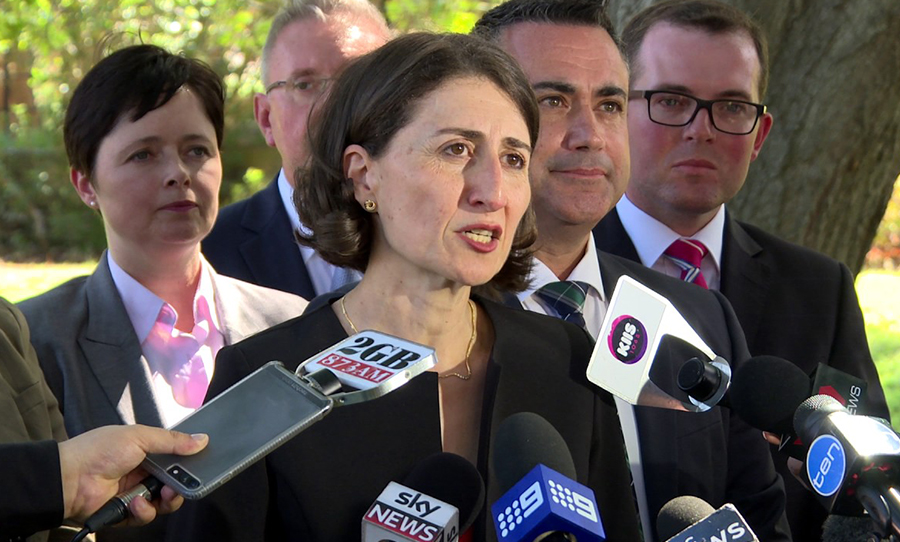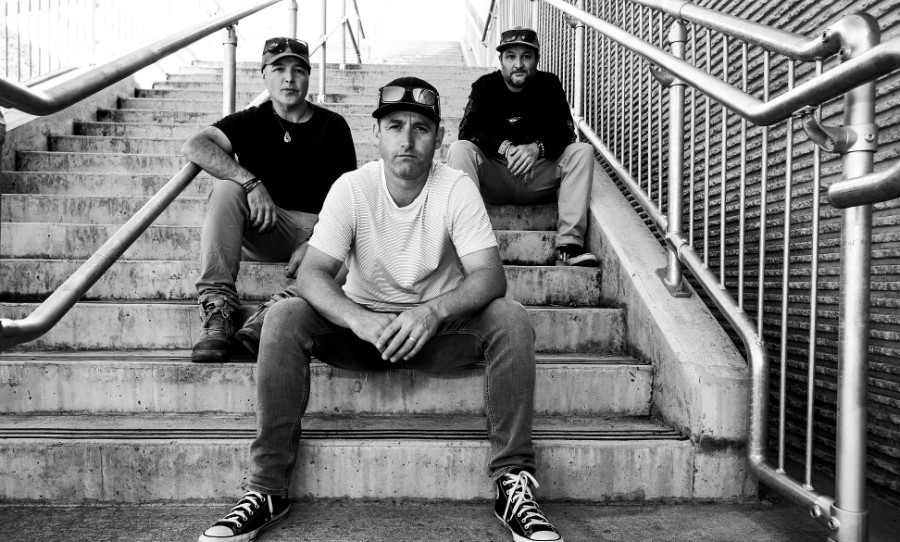Individuals in NSW could face serious consequences for breaches of the latest Public Health Act. Buying food, exercising, or accessing public health services, amongst other “reasonable excuses”, are outlined in the new legislation.
The new regulations, which came into place last night, ban gatherings of more than two people. Fines of up to $11,000, 6 months in jail – or both – could be issued unless the gathering is essential for work or study, or if the members belong to the same household.

Following the national cabinet’s recommendations on Sunday, the NSW Government has issued a strict public health order to curb the spread of COVID-19.
Individuals can be fined up to $11,000 for breaching the directives of the Public Health Act. Repeat offences can result in another $5,500 for each day of non-compliance. They can also be sent to prison for six months.
Corporations are under similar circumstances, with a $55,000 fine for failure to obey and $27,500 for each day if the offence continues.
On Monday, The NSW Premier Gladys Berejiklian pointed out that her government would be strongly enforcing the new laws.
“If you can work from home you should, if you can learn from home, you should,” she described. “If you can do everything from home, you should. It is only in the exceptional circumstances that you should leave home.”
There are 2032 cases of COVID-19 in NSW as of Monday. Medical officers say that it’s too early to tell whether social distancing practices are working, but that the national rate of increase in virus cases was slowing.
Check out a state-approved, comprehensive list of excuses to leave the house below:
- To buy food and other essential goods for yourself, your pets or others in the household. This also includes access to services vital for personal needs.
- Travelling to work if working from home isn’t an option
- Dropping off or picking up children from childcare
- Attending school or university if necessary
- Exercising
- Obtaining medical care or health supplies
- Attending a wedding or funeral in specific circumstances
- Moving to a new home or office
- Providing care or emergency assistance to a vulnerable person
- Donating blood
- Undertaking legal obligations
- Accessing public services including social services, employment services, domestic violence services, mental health services and services provided to victims
- Access and contact to parents if living outside of home
- Going to a place of worship or providing pastoral care to another person (Only applies to priests, ministers of religion or members of a religious order)
- To avoid illness or injury or to escape a risk of harm
- For emergencies or compassionate reasons
Read next: Melbournians in self-isolation are literally just screaming at each other



